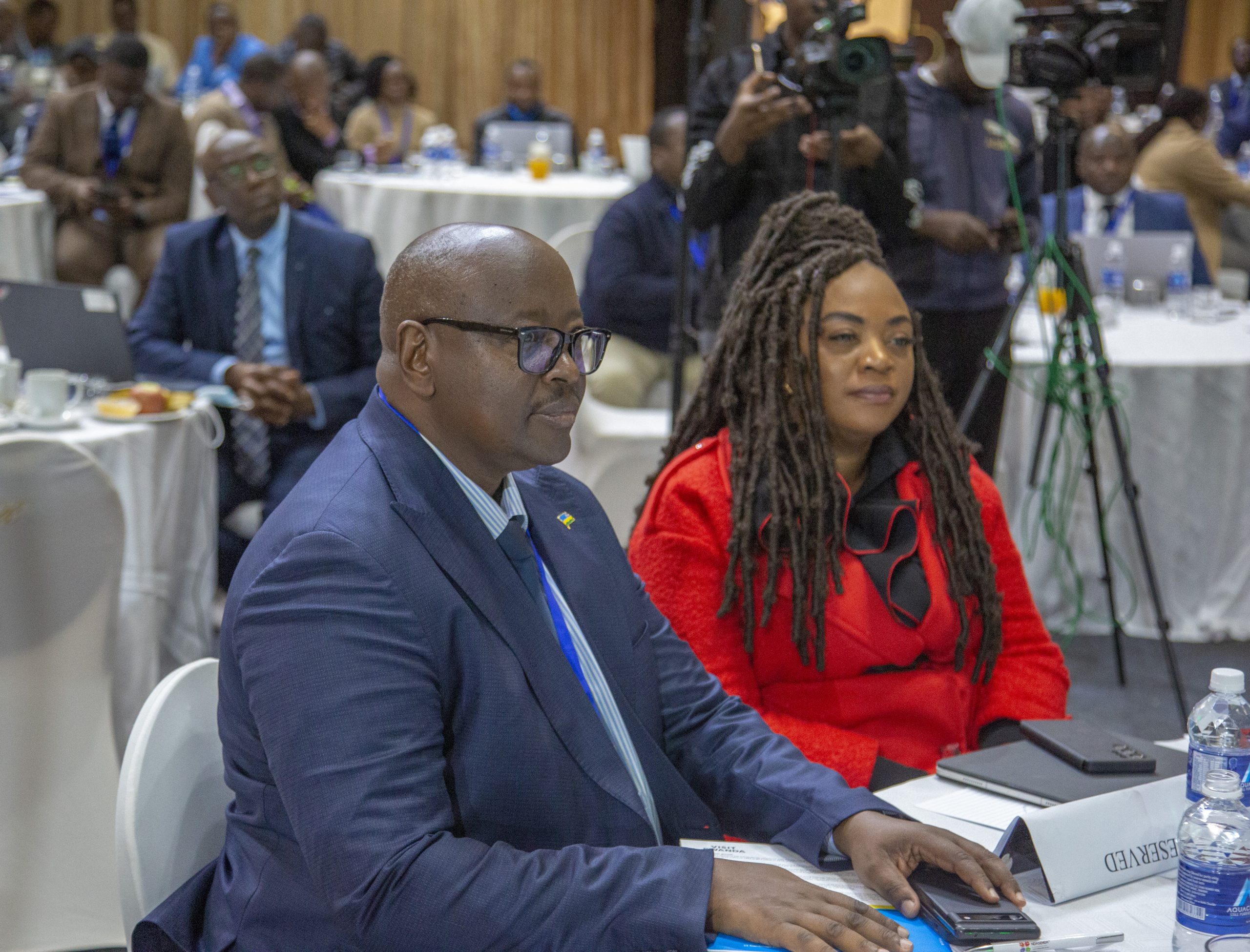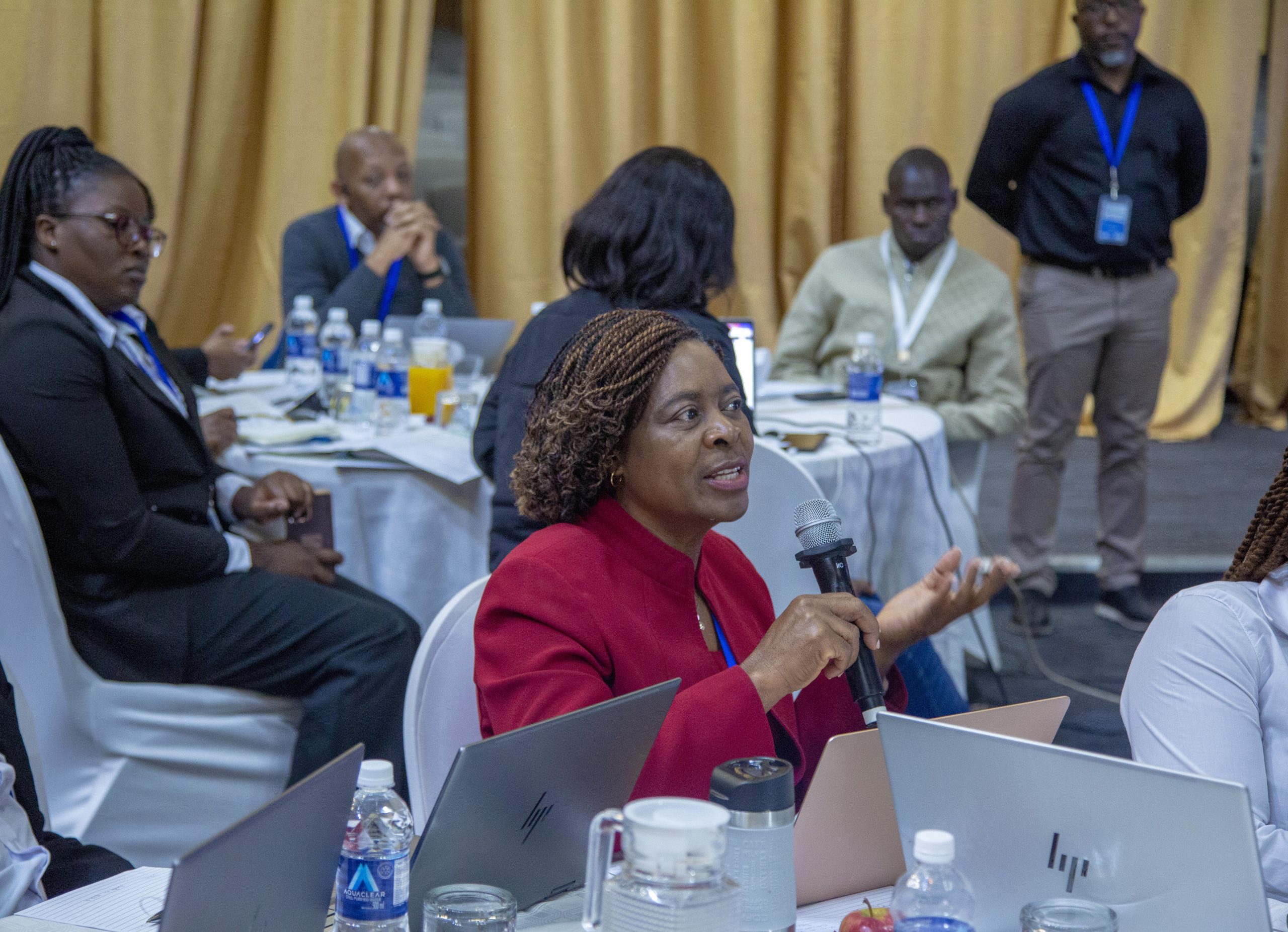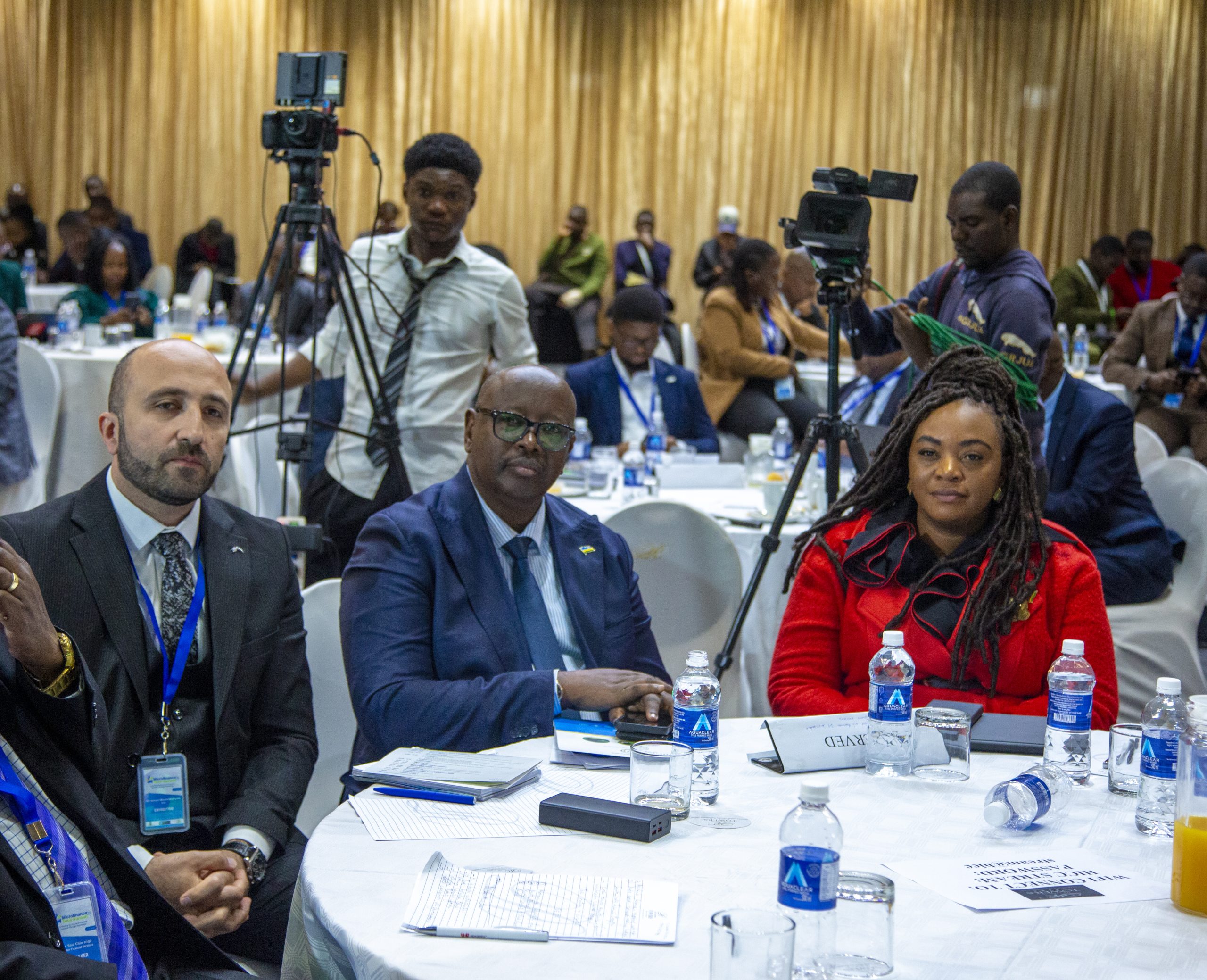The 3rd Edition of the Microfinance Technology Summit officially kicked off today in Harare, Zimbabwe, gathering over 200 professionals from across the global microfinance sector. Industry leaders, policymakers, practitioners, and innovators are converging to explore the future of financial inclusion through digital innovation.
The summit was officially opened by Dr. Jesimen T. Chipika, Deputy Governor of the Reserve Bank of Zimbabwe, who also served as the Guest of Honour. In her opening remarks, she underscored the critical importance of digital transformation in strengthening financial systems and broadening access to finance.
A keynote address was delivered by Hon. Ambassador James Musoni, Ambassador of the Republic of Rwanda to Zimbabwe, on behalf of the Government of Rwanda. He highlighted Rwanda’s leading role in advancing financial inclusion, noting that 96% of Rwandans have access to finance—a testament to the country’s progressive financial policies and innovations.
Hon. Tatenda A. Mavetera, Minister of Information, Communication Technology, Postal and Courier Services of Zimbabwe, expressed her gratitude to Rwanda for supporting Zimbabwe in hosting this milestone event. She emphasized the summit’s significance as a catalyst for digital change in the financial sector.
Mr. Gatera Damien, Chairman of the AMIR Board of Directors, commended the strong partnership between AMIR (Association of Microfinance Institutions in Rwanda) and the Zimbabwe Association of Microfinance Institutions (ZAMFI), which made this edition of the summit possible.
During a dynamic panel discussion, Mr. Jackson Kwikiriza showcased the transformative impact of digital tools in microfinance and highlighted Rwanda’s Umurenge SACCO model as a successful example of expanding financial access at the grassroots level.
Among the notable attendees was Mr. Johannes !Gawaxab, Governor of the Bank of Namibia, who joined other regional leaders and stakeholders to share insights and strategies.
The 2025 Microfinance Technology Summit continues to serve as a pivotal platform for collaboration, knowledge exchange, and digital innovation in the financial inclusion space.








